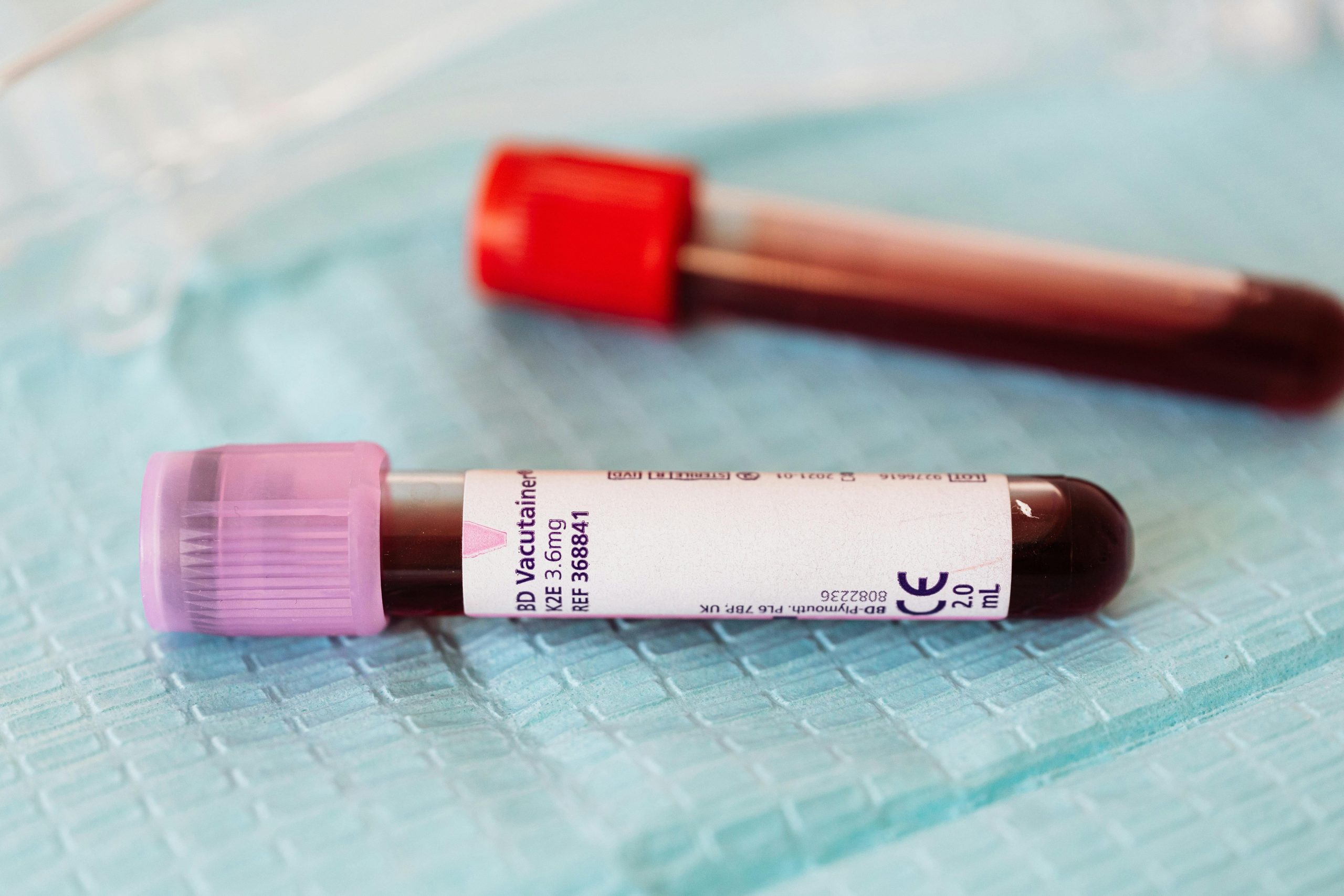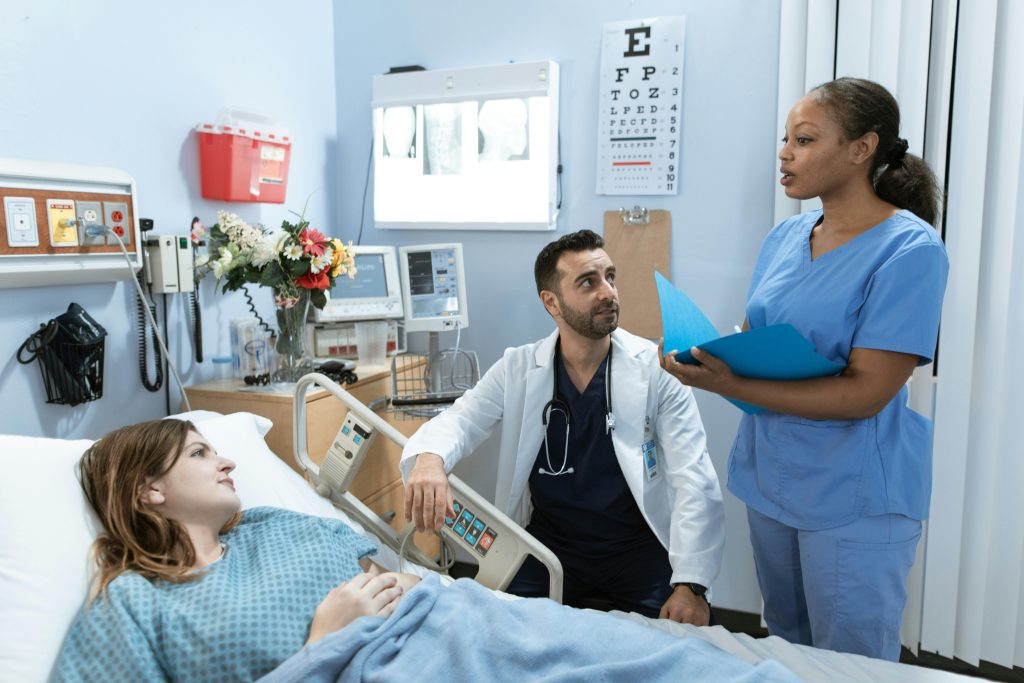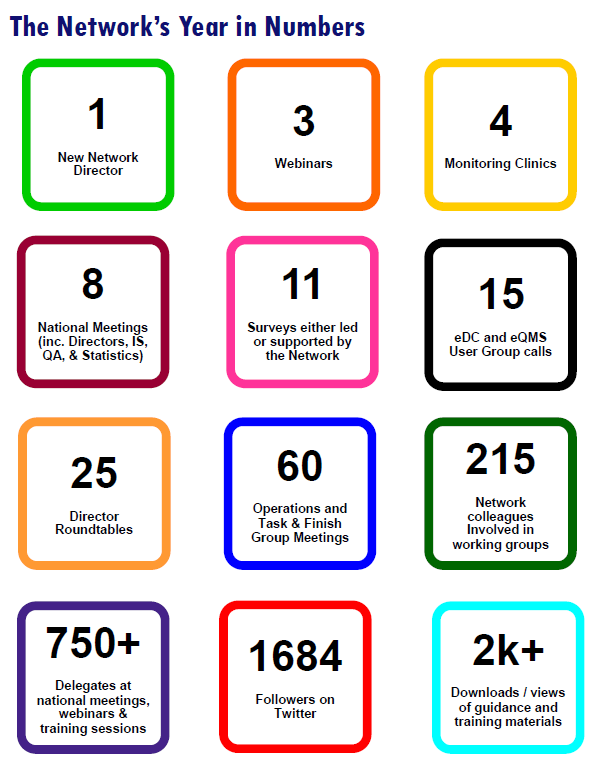We are delighted to announce the creation of a new working group focused on developing and sharing best practice in building stronger relationships and collaborations between Clinical Trials Units (CTUs) and the Chief Investigator (CI) community in the conduct of clinical trials.
Following our call to Network CTU Directors in May 2024, the Network Executive appointed 10 CIs to work with the Network’s clinical director. Bringing together CIs from a diverse range of specialties and professional backgrounds, the Chief Investigator Network Group (CING) will work together to identify challenges and their solutions, develop resources to support the CTU-CI collaboration, identify approaches used by other networks, and work with the CTU Network Executive Group and Director. CING is chaired by the CTU Network’s clinical director, Prof Rustam Al-Shahi Salman.
Prof Salman said, “By including a mix of medics and other healthcare professionals from a range of disciplines across the UK, we are able to more fully represent the diversity of the Clinical Investigator community. Among us are experienced CTU Directors, clinical directors, and emerging CIs at the forefront of their careers. This diversity not only strengthens the group, but also enhances our capacity to tackle some of the complex practical issues relating to CI involvement in the conduct of non-commercial research in the UK.”
We look forward to sharing more about their activities over the coming months.

 Clockwise from top left: Alastair D Hay, Katie Morris, Rona Smith, Amy Ahern, Rustam Al-Shahi Salman, Anna Kirby, Ashwin Dhanda, David Russell, Vikki Wylde, Tom Hellyer, Ceri Battle.
Clockwise from top left: Alastair D Hay, Katie Morris, Rona Smith, Amy Ahern, Rustam Al-Shahi Salman, Anna Kirby, Ashwin Dhanda, David Russell, Vikki Wylde, Tom Hellyer, Ceri Battle.




















